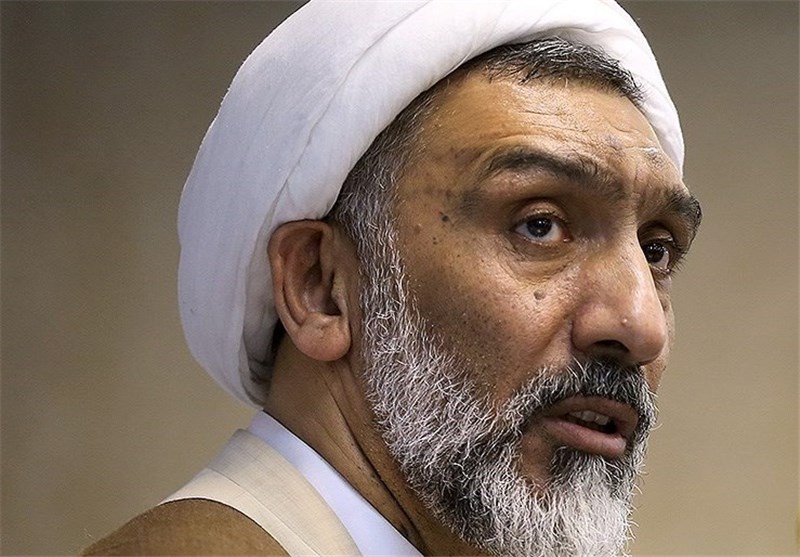Once again, the Iranian authorities are indicating that they plan to continue the impunity for officials involved in the extra-judicial mass execution of political prisoners. Mostafa Pour-Mohammadi, a notorious member of the 1988 ‘Death Commission’ in Tehran, which sent thousands of political prisoners for execution, has been appointed as Advisor to the head of Iran’s Judiciary.
Pour-Mohammadi’s appointment as Advisor to Judiciary Chief Sadeq Larijani was announced on 22 August 2017 by the Judiciary spokesperson, according to the official state news agency IRNA.
Since 2013, Pour-Mohammadi was Justice Minister in Hassan Rouhani’s cabinet.
The newly appointed Justice Minister in Rouhani’s cabinet for his second term in office is Alireza Avaie, another notorious member of the 1988 Death Commission in Dezful, south-west Iran, who was placed on the European Union’s sanctions list in 2011 for gross human rights violations.
One telling sign of the culture of impunity that exists within the Iranian regime is that since 1989 the post of Iran’s Justice Minister has for the most part been filed by officials who were directly involved in the 1988 massacre of political prisoners.
Iran’s Justice Ministers:
2017- : Alireza Avaie – Member of the Death Commission in Dezful
2013-2017: Mostafa Pour-Mohammadi – Member of the Death Commission in Tehran
2009-2013: Morteza Bakhtiari – Member of the Death Commission in Birjand
2007-2009: Gholam-Hossein Elham (Was caretaker Justice Minister after predecessor’s death in December 2006)
2005-2006: Jamal-Karimi-Rad
1989-2005: Esmail Shushtari – Member of the Death Commission in Tehran, member of the Supreme Judicial Council
A report published by Justice for the Victims of the 1988 Massacre in Iran (JVMI) in February 2017 presents strong evidence, including eye-witness testimonies from survivors of the 1988 mass executions, and corroborative admissions by senior current and former officials that at the end of the Iran-Iraq war, based on a fatwa by Ayatollah Khomeini, three-man death panels purged Iran’s prisons from political opponents of the regime. At least 30,000 political prisoners, mostly members of the opposition People’s Mojahedin Organisation of Iran (PMOI or MEK), were executed and buried in secret mass graves.
According to international law there is no statute of limitations for crimes against humanity. It is the responsibility of the Human Rights Council to attend to this matter and to ensure that accountability is achieved, based on the UN Economic and Social Council Resolution 1989/65 which states in principle 11: “In cases in which the established investigative procedures are inadequate because of lack of expertise or impartiality, because of the importance of the matter or because of the apparent existence of a pattern of abuse, and in cases where there are complaints from the family of the victim about these inadequacies or other substantial reasons, Governments shall pursue investigations through an independent commission of inquiry or similar procedure. Members of such a commission shall be chosen for their recognized impartiality, competence and independence as individuals. In particular, they shall be independent of any institution, agency or person that may be the subject of the inquiry.”

